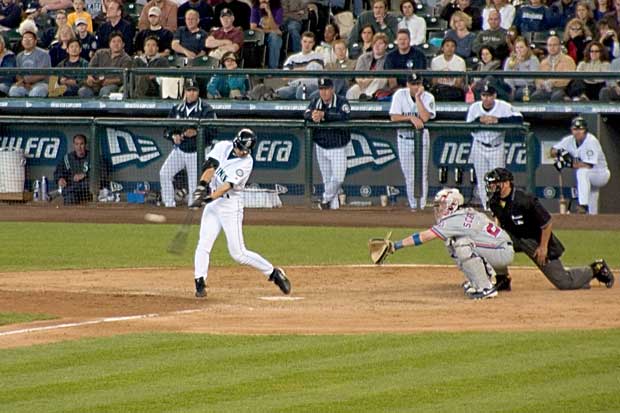For awhile yesterday I toyed with the idea of searching all the links that pf provided yesterday and choosing what I felt was the best translation of section 64 and then presenting that version here instead of offering the two different versions as I have been doing here. After a few hours lost in the land of Tao, I realized that I had no real basis for making that decision other than my inner ear for poetry.
That started me off on another tangent, as I made my way to Amazon to see what editions of the Tao Teh Ching were available. I was a little taken aback as I reviewed the possibilities. What I ended up doing was ordering three very different versions of the Tao Teh Ching, one by John C.H. Wu, one by Red Pine, and one by Ursula Le Guin, all for very different reasons. The one by Wu seemed to be generally regarded as the most “scholarly” edition available, I own three Chinese classics that have been translated by Red Pine and have enjoyed all of them, and, coincidentally, I have two books of short stories by Le Guin waiting to be read, though that’s a long story I’ll share another time. Hopefully those three editions will give me a better appreciation of the Tao Teh Ching.
For the moment, though, I’ve decided to trust the wisdom of my college instructor and finish this look at the Tao the way I began.
Here’s de Grazzia’s translation of chapter 64:
What remains still is easy to hold.
What is not yet manifest is easy to plan for.
What is brittle is easy to crack.
What is minute is easy to scatter.
Deal with things before they appear.
Put things in order before disorder arises.
A tree as big as a man’s embrace grows from a tiny shoot.
A tower of nine storeys begins with a heap of earth.
The journey of a thousand Ii starts from where one stands.
He who takes an action fails.
He who grasps things loses them.
For this reason the sage takes no action and therefore does not fail.
He grasps nothing and therefore he does not lose anything.
People in their handling of affairs often fail when they are about to succeed.
If one remains as careful at the end as he was at the beginning,
there will be no failure.
Therefore the sage desires to have no desire.
He does not value rare treasures.
He learns to be unlearned, and returns to what the multitude has missed.
Thus he supports all things in their natural state but does not take any action.
and here’s Van Over’s translation:
Guarding the Minute
That which is at rest is easily kept hold of; before a thing has given indications of its presence, it is easy to take measures against it; that which is brittle is easily broken; that which is very small is easily dispersed. Action should be taken before a thing has made its appearance; order should he secured before disorder has begun.
The tree which fills the arms grew from the tiniest sprout; the tower of nine stories rose from a (small) heap of earth; the journey of a thousand li commenced with a single step.
He who acts (with an ulterior purpose) does harm; he who takes hold of a thing (in the same way) loses his hold. The sage does not act (so), and therefore does no harm; he does not lay hold (so), and therefore does not lose his hold. (But) people in their conduct of affairs are constantly ruining them when they are on the eve of success. If they were careful at the end, as (they should be) at the beginning, they would not so ruin them.
Therefore the sage desires what (other men) do not desire, and does not prize things difficult to get; he learns what (other men) do not learn, and turns back to what the multitude of men have passed by. Thus he helps the natural development of all things, and does not dare to act (with an ulterior purpose of his own).
While I certainly appreciate and understand the wisdom of the first passage, I’ll let this picture of my study provide my comment on how well I actually follow that advice:

As a life-long gardener I certainly appreciate the wisdom of pulling weeds before they become miniature trees.
Unfortunately as a teacher I also discovered that the busiest time of the year also coincided with the ideal time for weeds to germinate and thrive. The complex web of obligations we weave for ourselves make it difficult to practice true wisdom, but if such advice was necessary before the birth of Christ perhaps it has always been so.
My favorite line is probably “He who grasps things loses them” for it occurs to me that those who want the most, have the least, and we could all do far worse than to remember that “” the sage desires to have no desire.” Not wanting something, at least something material, is the same as having it, and probably preferable, because things, like people, bring their own obligations with them.
As a lover of literature, I’m pretty sure I’m violating the principle of “He learns to be unlearned,” and ordering three new copies of the Tao Teh Ching probably proves that beyond a doubt.


